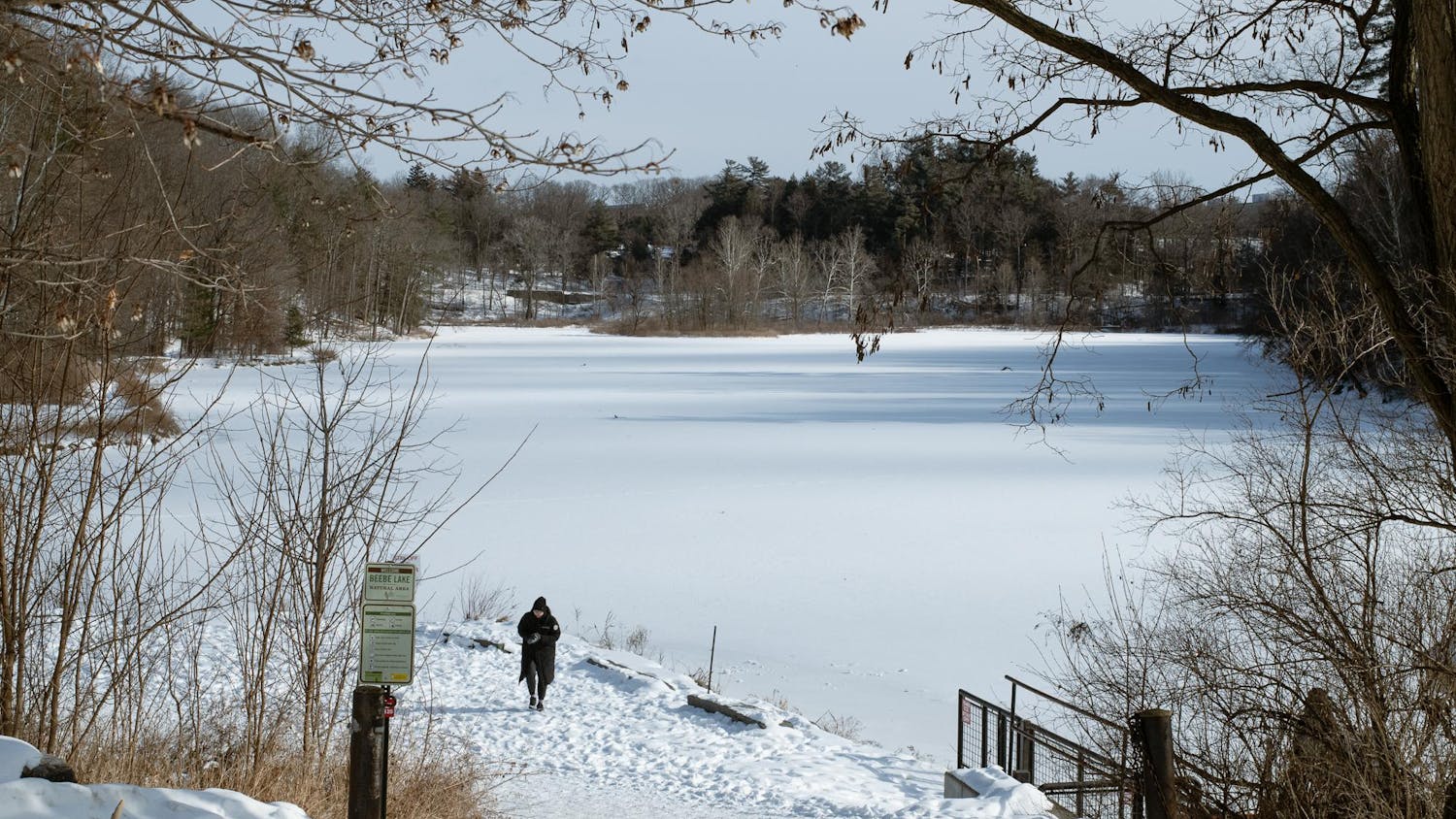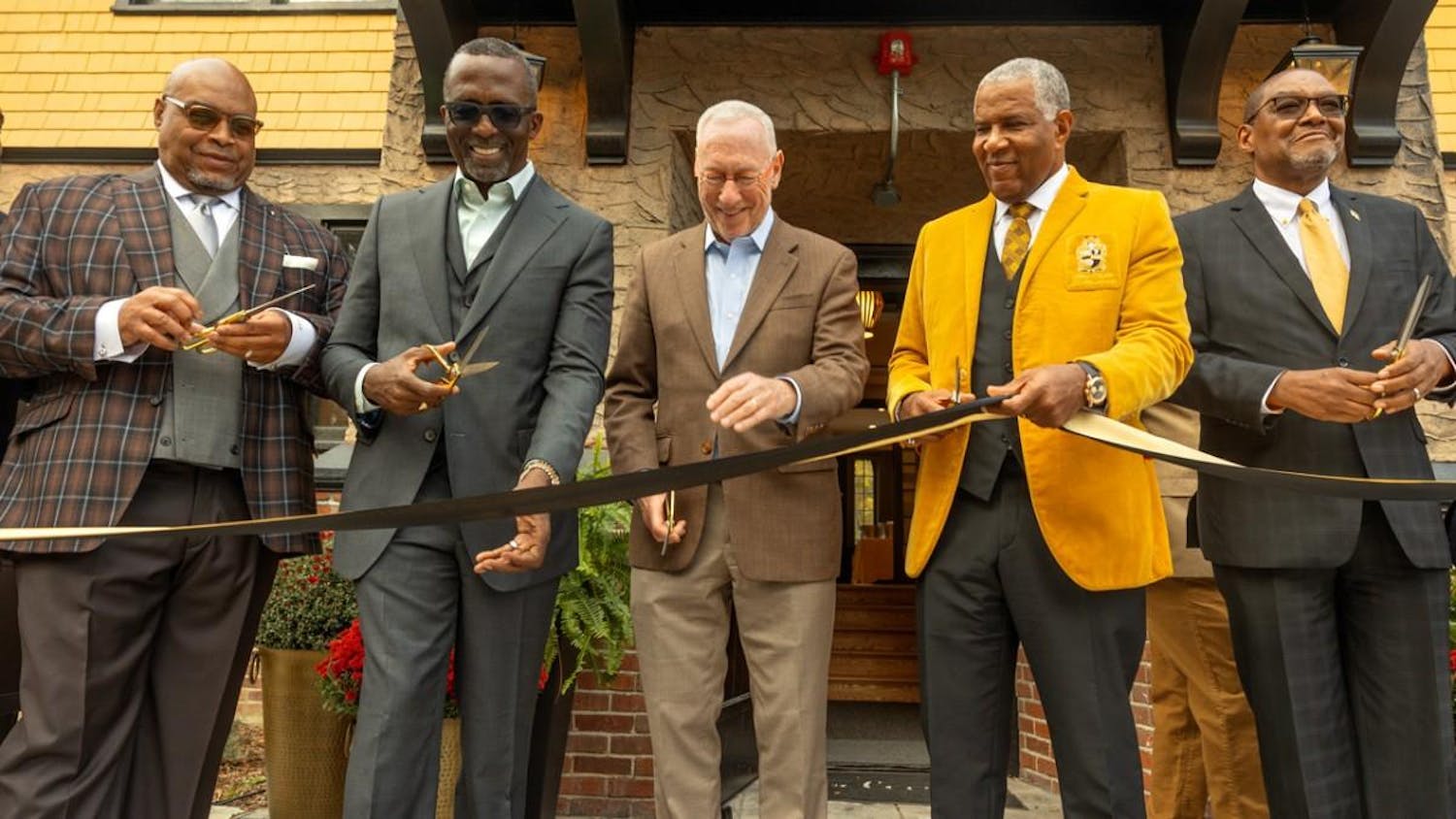Federal judge Claudia Wilken approved the House v. National Collegiate Athletics Association settlement on Friday, essentially ending the NCAA’s 119-year amateur athletics model. The Ivy League decided in January to opt out of the agreement, regardless of the decision made.
The deal will now allow schools that opted into the agreement to delegate $20.5 million to their athletic programs. This amount is expected to increase by at least four percent annually during the 10-year agreement. There is no legal or federal guidance that outlines how schools need to divide this money.
Since the cases is a case action lawsuit brought forward by athletes between 2016-2021 who alleged that the NCAA violated United States antitrust laws by limiting their ability to profit off their name, image and likeness, athletes who competed at these schools between 2016 and 2024 will receive a portion of $2.78 billion in back payment.
Schools will also be subjected to the NCAA’s new roster limit, meaning they would have to cut down the number of players on their team. This move is expected to decrease both the number of schools participating in smaller sports and the overall number of athletes.
The Ivy League has decided to opt out of the agreement, meaning that it will not receive a revenue sharing cap, owe its previous athletes money or have to follow the NCAA’s new roster limitations.
In an email to students on January 21, athletic director Nicki Moore forwarded an email from the executive director of Ivy League athletics, Robin Harris, which affirmed the League’s decision to opt out of the agreement and not change any of its current rules surrounding athletics.
The email outlined that the Ancient Eight will continue to “provide an educational intercollegiate athletics model that is focused on academic primacy and the overall student-athlete experience,” not adopt a “pay to play” model, not provide athletes with scholarships or direct NIL payments and will not need to adhere to roster limitations.
“This decision … does not impact our standing as Division I members or our access to NCAA championships,” Harris said. “It also means that the Ivy League will continue to support the right of student-athletes to benefit from all legitimate NIL opportunities.”
The statement also addressed current NIL deals students may have, as Harris stated that the Ivy League will continue “to support the opportunity for any student-athlete to market their NIL rights and secure legitimate NIL-related payments.”
Harris also stated that the House v. NCAA case may cause other “changes” to NCAA rules that “will occur in phases throughout the next year.”
She informed student-athletes to “follow all Ivy League Rules” unless a formal notice is sent from the Ivy League office or staff.
Zeinab Faraj is a member of the class of 2028 in the College of Arts and Sciences. She is a features editor on the 143rd Editorial Board and was the assistant sports editor of the 143rd Editorial Board. You can reach her at zfaraj@cornellsun.com.











